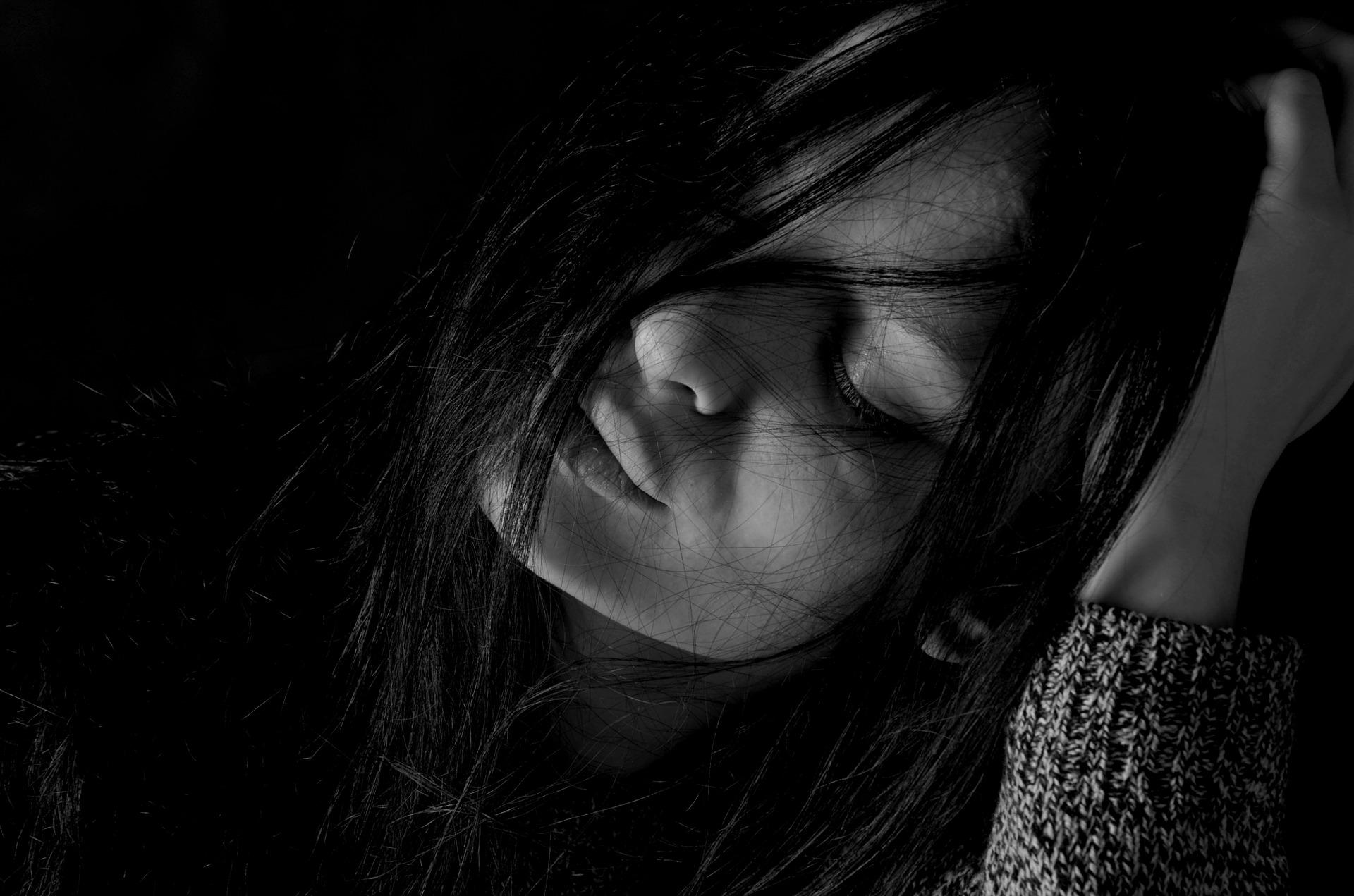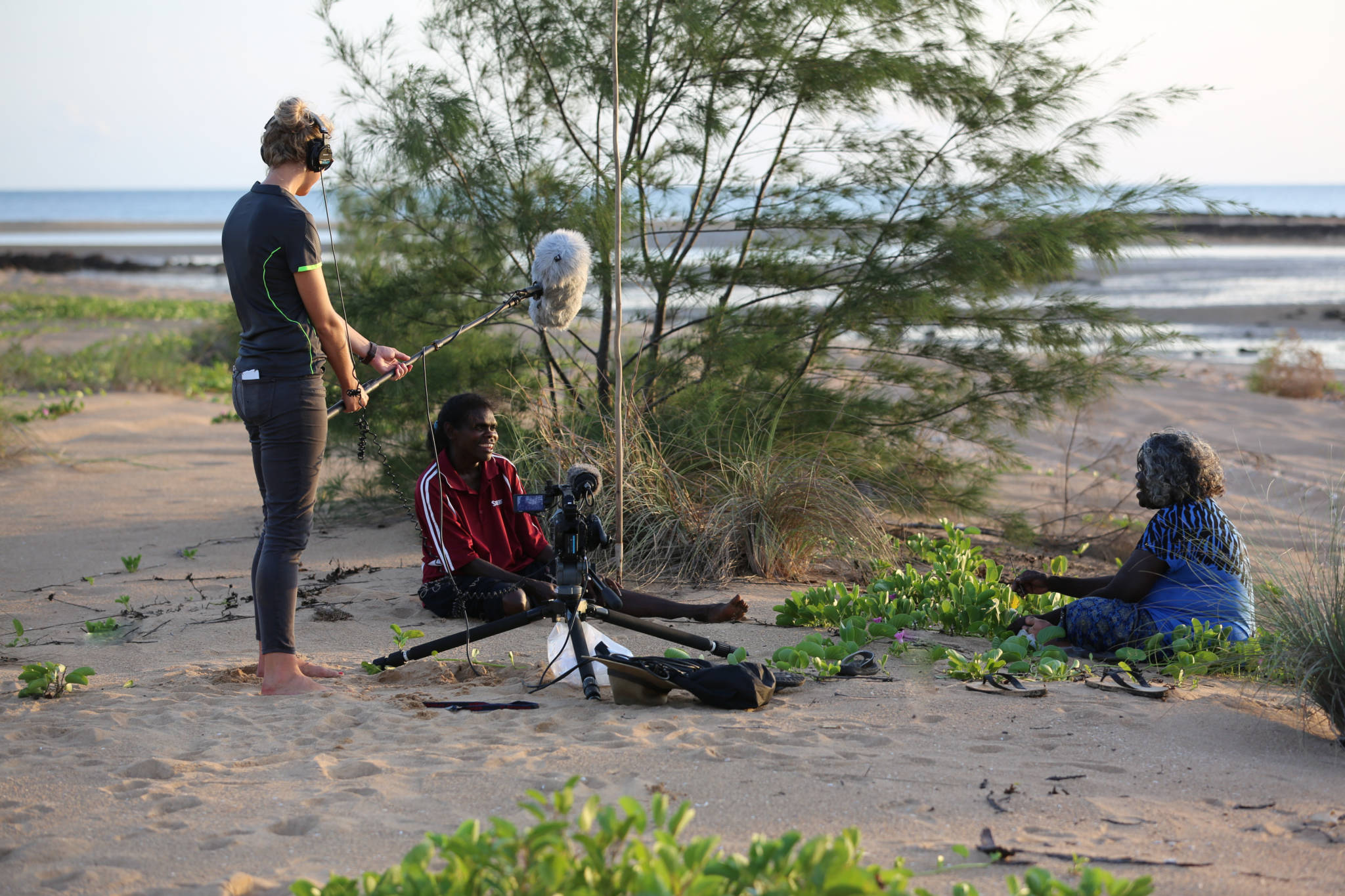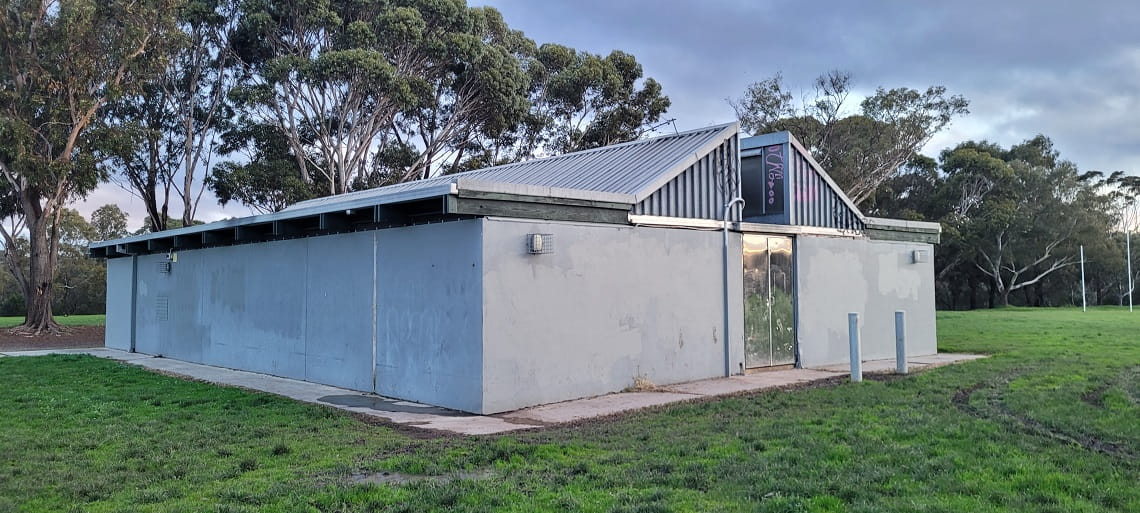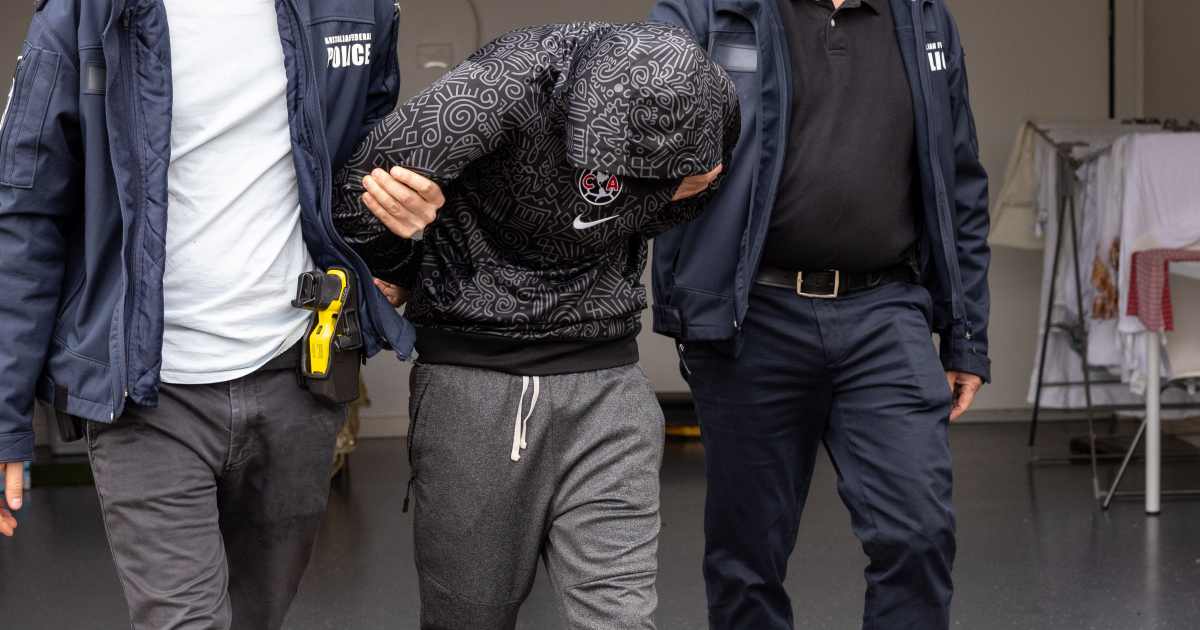
Study finds link between rising use of antidepressants and youth suicide
New research from the University of Adelaide and Curtin University and has shown rates of antidepressant use and suicide by young Australians have risen sharply since 2009, raising concerns about the safety of current treatment practices, and the veracity of advice from Australian suicide prevention experts.
Published in Frontiers in Psychiatry, the research examined Australian antidepressant prescribing and suicide rates since controversial warnings by the US Food and Drug Administration (FDA), in 2004 and 2007, that the use of antidepressants by people under 25 years of age with depression was associated with approximately double the risk of suicidal thoughts and behaviours.
The FDA’s advice was based on evidence from multiple trials comparing antidepressants with placebo pills.
Lead author Dr Martin Whitely, Research Fellow at the John Curtin Institute of Public Policy at Curtin University, said there was a substantial decrease in the number of Australians dispensed antidepressants following the initial warning, and suicide rates were volatile, with a weak but inconsistent downwards trend.
“However, since 2009, both antidepressant prescribing and suicide rates have risen sharply, with the number of suicides by Australians aged 0 to 24 rising from 279 in 2009 to 458 in 2018,” Dr Whitely said.
“From 2008-09 to 2017-18, the proportion of Australians aged 0 to 27 using antidepressants grew from about 2.9% to 4.8%.”
“Antidepressants are not approved for the treatment of depression in people under 18 and it is particularly concerning that so many Australian children have been prescribed them.”Professor Jon Jureidini, Child and adolescent psychiatrist, The University of Adelaide
Co-author Dr Melissa Raven, a psychiatric epidemiologist at the University of Adelaide, said there had been a per-capita increase of 49% in suicide rates and an estimated 66% increase in antidepressant dispensing rates among young Australians in a decade.
“There is also evidence of a substantial increase in rates of self-harm by young Australians, with prescription antidepressants among the drugs most commonly used in self-poisoning,” Dr Raven said.
Child and adolescent psychiatrist and co-author, Professor Jon Jureidini, also from the University of Adelaide, said influential Australian mental health organisations and psychiatric thought leaders had contested the FDA warnings.
“They argued that, on balance, antidepressants reduce the risk of youth suicide and it appears many Australian doctors, including GPs, have followed their lead and discounted the FDA warnings,” Professor Jureidini said.
“Australian Government figures indicate 101,174 children (under 18) and 328,879 young adults (aged 18 to 27) were dispensed an antidepressant in 2017/18.
“Antidepressants are not approved for the treatment of depression in people under 18 and it is particularly concerning that so many Australian children have been prescribed them.”
Professor Jureidini added the research provided clear evidence that more young Australians were taking antidepressants, and more young Australians were killing themselves and self-harming, often by intentionally overdosing on the very substances intended to help them.
Dr Whitely said “We need to ask whether, despite their good intentions, Australia’s leading suicide prevention organisations and experts have got it wrong and whether we should continue to follow their advice.”
The paper, titled ‘Antidepressant prescribing and suicide/self-harm in young Australians: Regulatory warnings, contradictory advice, and long-term trends’ is available online here.








